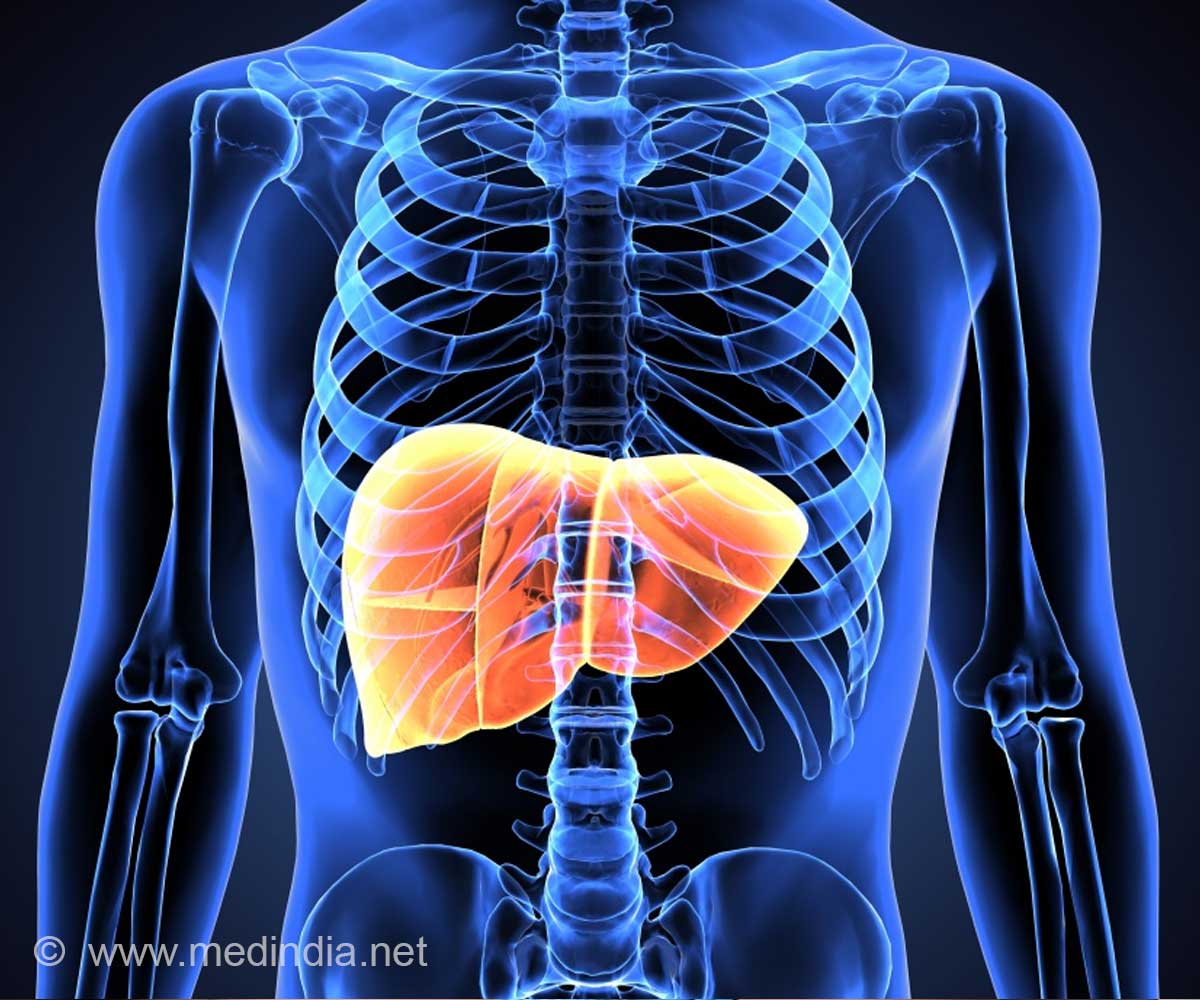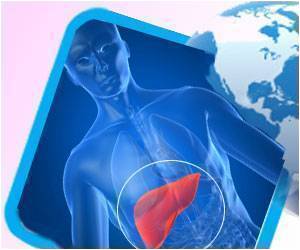
‘‘Lab-Grown Liver’ offers hope for patients suffering from acute liver failure (ALF), reveals a new study. Scientists have developed a promising technology for creating in the lab ‘implantable bioengineered humanized’ livers for the management of acute liver failure.’
Read More..Tweet it Now
The technology, successfully demonstrated in animal experiments, "has enormous potential for clinical translation" in managing ALF patients desperately waiting for liver transplants, it is claimed. Read More..
The study by researchers at the Centre for Liver Research of the Deccan College of Medical Sciences (DCMS) has been reported in the Elsevier journal "Material Science & Engineering-C."
Currently, liver transplantation has been the only treatment option available for ALF. But its wider applicability has been limited by high cost, non-availability of quality donor organs and the need to use immunosuppressive drugs throughout life.
It is here that the animal study by researchers at DCMS's Centre for Liver Research raises hopes of an alternative approach although clinical trials in humans are yet to validate this.
In their animal experiment, the DCMS researchers chemically-induced ALF in mice and then used their technology to make the affected livers functional again.
Advertisement
In the next step, the scaffold is "repopulated" with human hepatic progenitor cells that differentiate into "hepatocytes," which constitute 80 percent of the human liver. Finally, the laboratory-made, bioengineered humanized livers -- in which mouse liver tissue has been replaced by human cells -- are transplanted back into rats.
Advertisement
"Over the next years, we aim to optimize the technique in a larger scale to generate ready-to-use bioengineered humanized livers for supplying on demand and validate its safety and efficacy in human," said report co-author Aleem Ahmed Khan. "Immediate human trials are desirable to benefit healthcare without further delay."
Chaturvedula Tripura, a cell biologist at the CSIR-Centre for Cellular and Molecular Biology in Hyderabad said the DCMS study has demonstrated "an efficient and promising technology" for addressing ALF through bio-engineering and transplantation of humanized livers.
"The study is excellent scientific work," added Sanjay Nagral, director of Surgical Gastroenterology at Jaslok Hospital & Research Centre in Mumbai.
"The promise that the bio-engineered liver tissue, especially from other species holds for future human use is indeed interesting," he said.
However, further studies are warranted to explore the suitability of this strategy in larger animal models and future human trials, the researchers say.
Source-IANS















